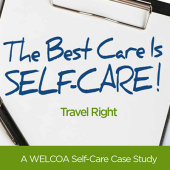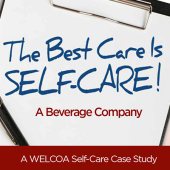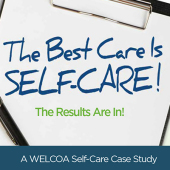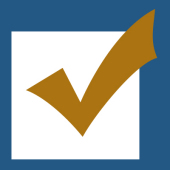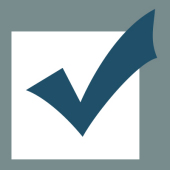Case Study #3: The Case of Travel Right focuses on a large travel agency that provides hospitality services across the globe. With 300 employees and a large call center, this company implemented an effective medical self-care program in three simple phases. The program was implemented before offering a Consumer Driven Health Plan for the first time and served as a critical educational piece to help Travel Right’s employees become more informed health consumers.
View Resource

